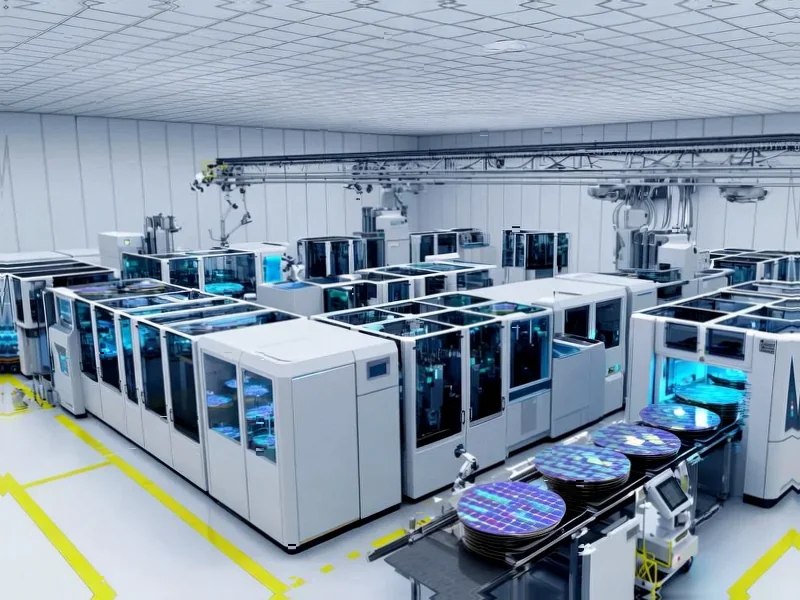According to Wccftech, Microsoft has received crucial export license approval from the Trump administration to ship NVIDIA’s advanced AI chips to the United Arab Emirates. Microsoft President Brad Smith confirmed the development, stating the approval came after meeting “very stringent cyber security, physical security and other security requirements” imposed by the US government. The breakthrough follows President Trump’s recent visits to Gulf states and multiple deals signed between NVIDIA and state-backed organizations including G42 and HUMAIN AI. Microsoft now plans to invest $7.9 billion in the UAE between 2026 and 2029, creating significant new revenue opportunities for NVIDIA’s AI chip business. This strategic shift comes as NVIDIA seeks alternative markets amid ongoing restrictions in China.
The Geopolitical Rebalancing of AI Infrastructure
This approval represents more than just another export license—it signals a fundamental reorientation of US AI strategy in global markets. While China represented NVIDIA’s largest international market before restrictions, the Middle East offers something China never could: alignment with US strategic interests. The UAE and Saudi Arabia are actively building sovereign AI capabilities, and according to the company’s announcement, they’re willing to invest billions to achieve technological independence. This creates a win-win scenario where US companies maintain technological leadership while Gulf nations accelerate their digital transformation without relying on Chinese technology stacks.
Enterprise AI Deployment Implications
For global enterprises operating in the Middle East, this development could dramatically accelerate AI adoption timelines. Previously, companies wanting to deploy cutting-edge AI applications in the region faced either performance compromises using less advanced chips or complex workarounds to access US-based AI infrastructure. Now, with direct access to NVIDIA’s latest hardware through Microsoft’s Azure cloud platform, regional businesses can deploy sophisticated AI models with lower latency and reduced data sovereignty concerns. This is particularly significant for financial services, energy, and healthcare sectors where data localization requirements often conflict with AI capability needs.
Shifting Competitive Dynamics
The Middle East approval creates ripple effects across the entire semiconductor ecosystem. AMD, Intel, and cloud-specific chip designers now face pressure to secure similar export clearances or risk ceding the region’s growing AI market to the NVIDIA-Microsoft partnership. More importantly, this establishes a template for how US technology companies can navigate complex geopolitical landscapes—by partnering with cloud providers who can demonstrate the security protocols required for sensitive technology exports. We’re likely to see other cloud providers aggressively pursuing similar approvals, potentially creating a new layer of competition around who can secure the broadest global deployment rights for advanced AI hardware.
Strategic Implications Beyond Revenue
While the immediate focus is on revenue replacement for NVIDIA’s China losses, the strategic importance extends far beyond financial metrics. The Middle East represents a testing ground for US AI diplomacy—a model that could be replicated in other allied nations seeking to build AI capabilities without Chinese technology dependence. For Microsoft, this strengthens their position as the go-to cloud provider for enterprises needing global AI deployment with regulatory compliance. The $7.9 billion investment commitment suggests this isn’t a temporary workaround but rather a long-term strategic pivot that could reshape global AI infrastructure distribution for years to come.




